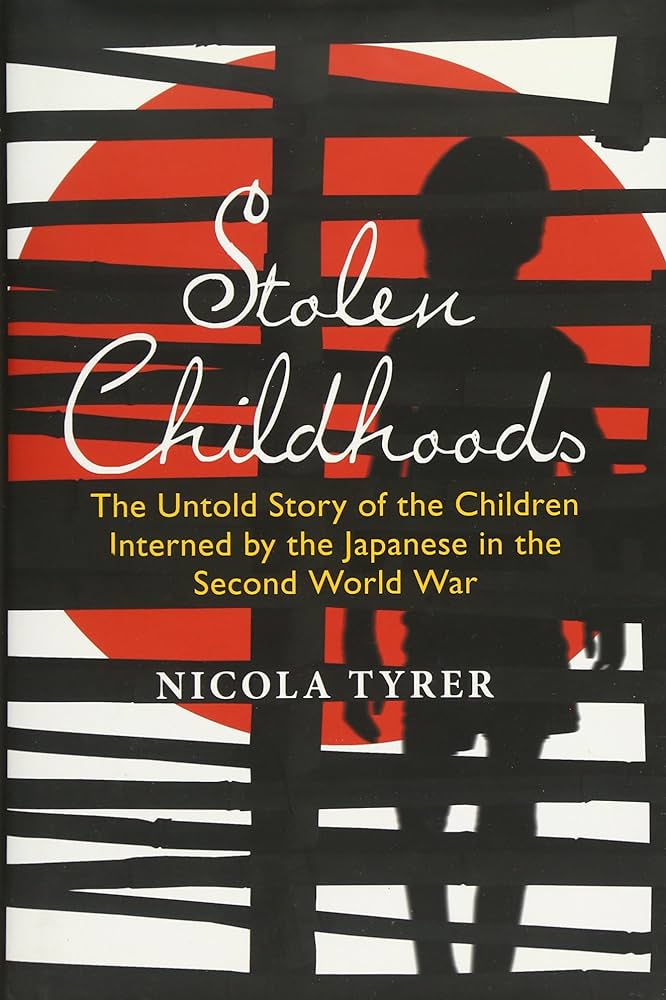The Second World War Japanese invaded and occupied territories across Asia, including China, Korea, and Southeast Asia. This aggressive expansion was driven by Japan’s desire for resources and dominance in the region.
The conflict ended in 1945 with the surrender of Japan following the bombings of Hiroshima and Nagasaki by the United States. The war had a profound impact on Japan, leading to significant economic and social changes, as well as the country’s transformation into a peaceful democratic nation.
Understanding the history and consequences of the Second World War Japanese are crucial in comprehending Japan’s role in the global stage today.
Japanese Women And The Second World War
Japanese women played a vital role during the Second World War in various capacities. They worked in factories, supported the military, and endured the hardships of war alongside their male counterparts, proving their resilience and dedication.

Credit: peacehistory-usfp.org
The Forgotten Heroes: Japanese-american Soldiers
Japanese-Americans played a significant role in the U.S. military during World War II. The contributions of the 442nd Regimental Combat Team were remarkable. Comprised mostly of second-generation Japanese-Americans, this unit became the most decorated in U.S. military history.
Japanese-Americans, despite facing discrimination and being wrongly placed in internment camps, still demonstrated unwavering loyalty to their country. Despite these challenges, they fought valiantly on the battlefields of Europe, gaining a reputation for their bravery and determination.
The 442nd Regimental Combat Team fought in key battles, such as the rescue of the “Lost Battalion” in the Vosges Mountains and the liberation of several Nazi concentration camps. Their heroic actions paved the way for future generations of Japanese-Americans, proving their loyalty and patriotism beyond question.
Although their story is often overlooked, it is essential to recognize and honor the contributions of Japanese-American soldiers, who not only made a significant impact during World War II but also served as a testament to the strength of diversity and inclusion.
The Legacy Of Japanese War Crimes
The legacy of Japanese war crimes during the Second World War is a dark chapter in history. One of the most horrific events was the Nanking Massacre, where hundreds of thousands of Chinese civilians and disarmed soldiers were brutally killed by the Japanese Imperial Army. The aftermath of this massacre deeply scarred the survivors and their families, as well as the relationship between China and Japan.
Another grievous crime committed by the Japanese during the war was the establishment of comfort women, who were victims of sexual slavery. These women, mostly from Korea, China, and other occupied territories, were forced into prostitution to serve the Japanese military. Their experiences continue to haunt them, and many still seek justice and acknowledgement for the atrocities they endured.
In the aftermath of the war, there were war crimes trials conducted to bring the perpetrators to justice. However, the attempts at reconciliation between the victims and the Japanese government have been complex and challenging. While some progress has been made, there is still a long way to go in terms of healing the wounds of the past and ensuring that history is not forgotten.
| Event | Impact |
|---|---|
| The Nanking Massacre | Hundreds of thousands killed |
| Comfort women | Victims of sexual slavery |
| War crimes trials | Seek justice for the atrocities |
| Attempts at reconciliation | Complex and challenging process |
Frequently Asked Questions Of Second World War Japanese
How Did The Second World War Impact Japan?
The Second World War had a profound impact on Japan, causing extensive destruction, loss of life, and economic devastation. It ultimately led to Japan’s surrender and marked a turning point in Japanese history, leading to significant changes in the country’s political, social, and economic structures.
What Actions Did Japan Take During World War Ii?
During World War II, Japan pursued an aggressive military expansion in the Pacific region. They attacked Pearl Harbor, invaded China, Southeast Asia, and parts of the Pacific Islands, and engaged in numerous battles with Allied forces until their eventual defeat in 1945.
What Were The Key Events Leading Up To Japan’s Involvement In World War Ii?
Japan’s involvement in World War II was preceded by various key events, including the Manchurian Incident of 1931, Japan’s withdrawal from the League of Nations in 1933, the signing of the Tripartite Pact with Germany and Italy in 1940, and the attack on Pearl Harbor in 1941.
How Did Japan Recover After The Second World War?
After the Second World War, Japan underwent a remarkable recovery and transformation. With the help of the United States, it adopted a new constitution, focused on rebuilding its devastated infrastructure, and developed a strong industrial base that made it one of the world’s leading economies.
Conclusion
The Second World War was a pivotal moment in Japanese history, leaving a lasting impact on the nation and its people. From the devastating atomic bombings of Hiroshima and Nagasaki to Japan’s surrender and subsequent post-war recovery, the war brought about great changes.
It sparked introspection and led to a transformation of Japan’s political, social, and economic landscapes. As we reflect on this historic event, let us remember its lessons and strive for peace, understanding, and cooperation in today’s globalized world.

